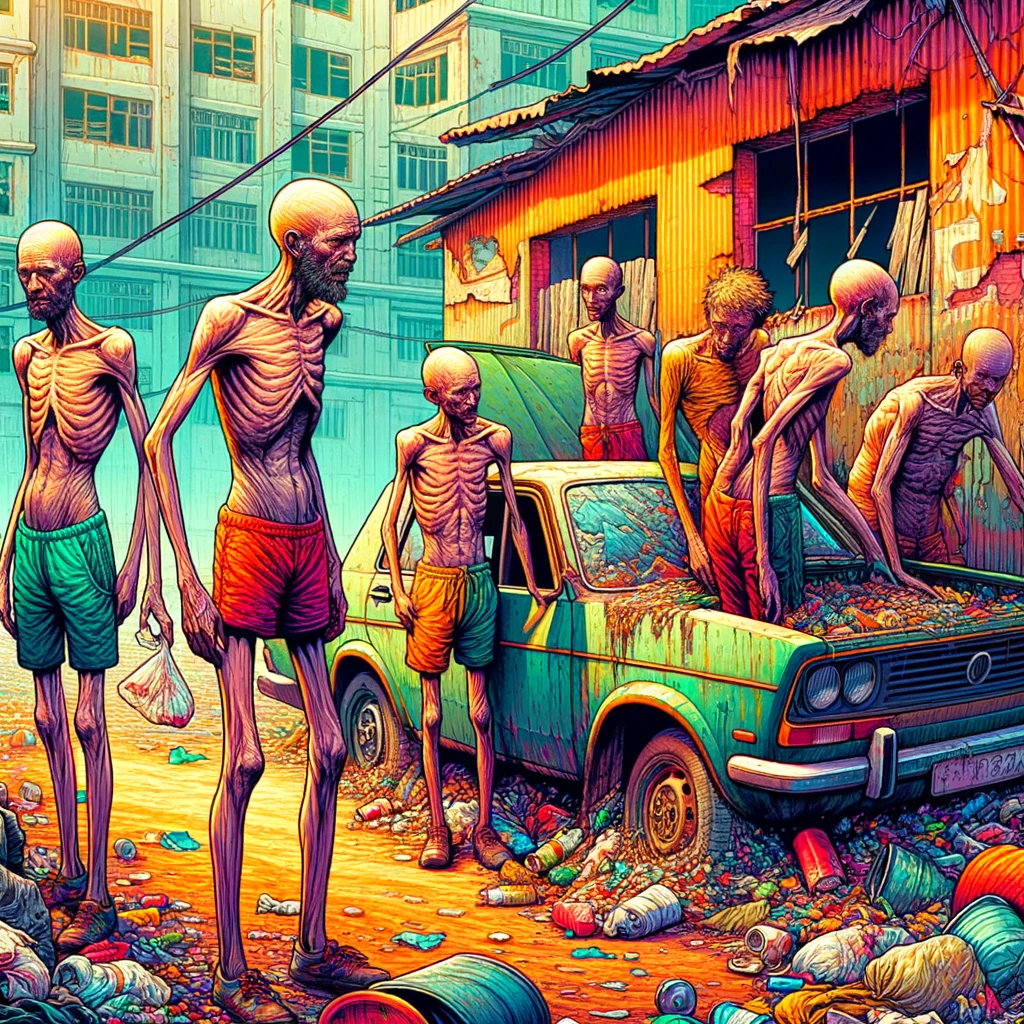
The COVID-19 pandemic has been a seismic force on the global economy, particularly manifesting through an unprecedented job crisis. Over 100 million jobs were cut in 2020, as businesses worldwide grappled with the immediate impacts of lockdowns and reduced consumer spending. The International Labour Organization (ILO) estimated that the reduction in working hours during the year was equivalent to the loss of 255 million full-time jobs, quadruple the impact seen during the global financial crisis in 2009. This stark number highlights not only the widespread nature of job losses but also the depth of economic disruptions caused by the pandemic.

The sectors most affected included hospitality, travel, and retail, industries that rely heavily on customer interaction and were therefore directly impacted by social distancing regulations. In addition to these, manufacturing sectors also saw significant job cuts due to reduced demand and broken supply chains. The job losses were not uniformly distributed across the globe or even within countries, with lower-income workers bearing the brunt of the downturn. This uneven impact has exacerbated existing inequalities and exposed millions to financial instability and poverty.
The economic fallout from the pandemic has had long-term implications for the labor market. While some jobs have returned as economies reopened, many have not, and new job creation has often been in different sectors than those where jobs were lost, requiring workers to adapt or re-skill. This shift has prompted discussions about the “future of work,” with an accelerated transition to digital platforms and remote working environments. The need for digital literacy has never been more pronounced, as those without the skills to navigate new technologies find themselves at a disadvantage.
Moreover, the pandemic has also highlighted the fragility of gig and informal employment, which lacks the social protections of more traditional job roles. Millions of gig workers worldwide found themselves without income almost overnight, with little to no access to unemployment benefits or healthcare. This has led to calls for better regulatory frameworks to protect workers in this increasingly prevalent form of employment.
Addressing the employment crisis caused by COVID-19 requires a multifaceted approach. Governments and international organizations have launched various stimulus measures, including direct financial support to unemployed individuals, subsidies for businesses retaining employees, and increased funding for public health. However, these are often seen as short-term fixes rather than solutions to underlying vulnerabilities in the labor market.
One of the long-term strategies proposed is investing in education and training to equip workers with the skills needed in a rapidly changing job market. This includes not only digital skills but also abilities that machines cannot easily replicate, such as creative and critical thinking. Additionally, there is a push towards creating more sustainable and resilient economic systems that can better withstand future crises. This includes promoting “green jobs” and rebuilding more robust healthcare and social protection systems.
Another consideration is the role of automation and artificial intelligence in shaping future employment. While these technologies can lead to job displacement, they also create opportunities for new job roles and industries. Navigating this transition requires careful planning and policy-making to ensure that the benefits of technological advancements are broadly shared.$The recovery from the COVID-19 job crisis is likely to be a long and uneven process. As economies rebuild, it is crucial to place an emphasis on equitable growth that ensures all segments of society benefit from economic recovery. This includes addressing the needs of the most vulnerable populations and ensuring that recovery efforts do not exacerbate existing social and economic inequalities.
In conclusion, the job losses during the COVID-19 pandemic have had profound implications for workers and economies worldwide. The path to recovery requires not only immediate responses but also a rethinking of economic and labor policies to build more inclusive and resilient systems for the future. This challenge presents an opportunity to address long-standing issues in the labor market and to reimagine a future that offers decent work and economic security for all.
Image depicting thin people in tight, ragged clothing near an open car surrounded by garbage. The scene captures a sense of desolation and neglect in an urban environment.
Image of a burning dust mask, symbolizing pandemic fatigue or the end of mask mandates. This image captures the burning mask against a neutral background, emphasizing the theme of moving away from pandemic restrictions.